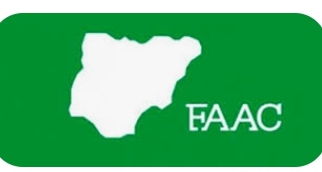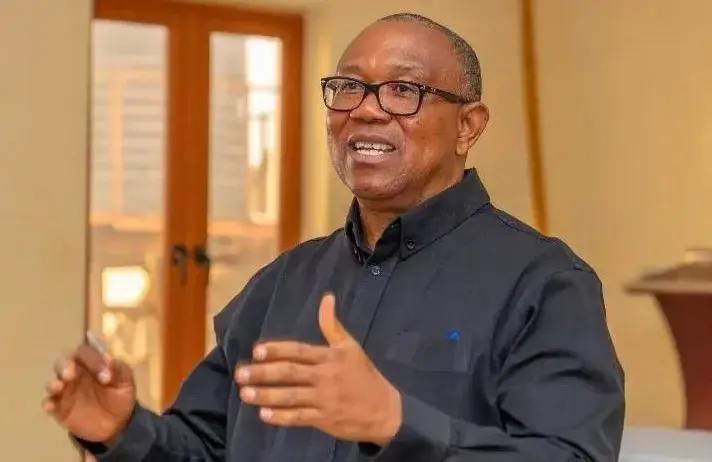In February 2024, the Federation Account Allocation Committee (FAAC) distributed a staggering N2.07 trillion to Nigeria’s three tiers of government, derived from the previous month’s revenue influx.
FAAC’s allocation of N2.07 trillion is to reshape Nigeria’s economic landscape, empowering states to embark on crucial developmental projects for citizen welfare and prosperity.
In a bid to enhance productivity and eradicate vulnerabilities, Nigeria must pivot away from its current paradigm of unproductive federating units.
The nation’s trajectory towards sustainable development hinges on revitalizing states, fostering resilience, and reducing dependency.
Every citizen, irrespective of level, must remain vigilant against the misappropriation of resources earmarked for state growth and advancement.
Strengthening oversight mechanisms is imperative to curb wastage and promote effective resource allocation.
Mismanagement of resources at all levels has precipitated a decline in economic growth, exacerbating multi-dimensional poverty affecting approximately 133 million Nigerians, constituting 65% of the nation’s populace. Urgent reforms are indispensable to reverse this trend and uplift livelihoods.
Examining the allocation breakdown across states underscores the imperative for judicious resource allocation and management.
Each state’s share, reflective of its unique needs, demands astute governance and strategic investment for sustainable development.
Governors wield a pivotal role in fostering citizen welfare through prudent resource allocation towards critical infrastructure and developmental initiatives.
Prioritising citizens’ needs ensures optimal utilisation of resources for tangible socio-economic progress.
Transparency and accountability are paramount in managing public resources effectively. By fostering greater visibility and oversight, governments can mitigate wasteful expenditure, bolster efficiency, and curb corruption, ultimately fostering trust and confidence in governance.
Maximising resource utilisation guarantees a favourable return on investment for state governments, propelling economic prosperity and enhancing citizens’ quality of life. Strategic project management and prudent fiscal policies are indispensable for sustainable growth.
Governors’ propensity for extravagant spending has significantly contributed to the escalation of poverty levels in Nigeria.
Addressing systemic inefficiencies and promoting responsible governance are imperative to alleviate poverty and foster inclusive development.
Ameh Peter, Former National Chairman of IPAC and National Secretary of CUPP











